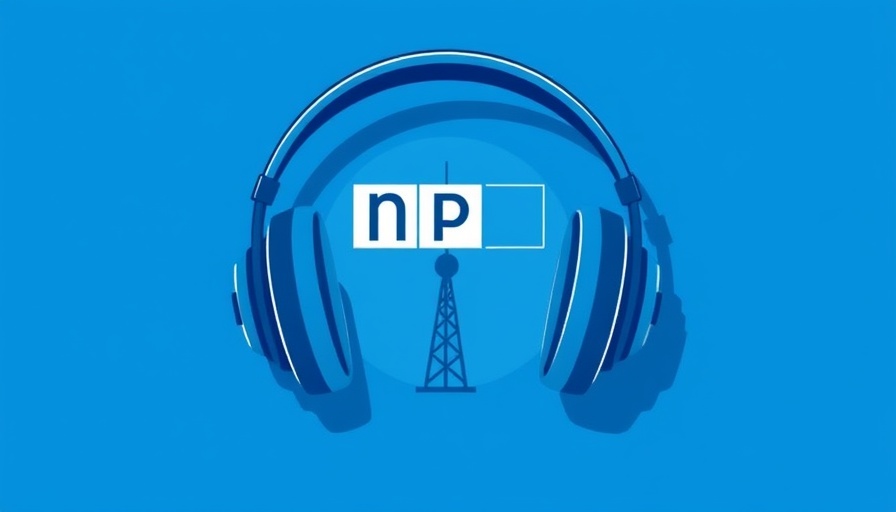
Major Disruption in Biomedical Research Funding
The recent freeze imposed on the National Institutes of Health (NIH) is causing significant disruption in biomedical research funding, halting around 16,000 grant applications aimed at a staggering $1.5 billion in potential funding. The process, which typically supports critical research on major diseases such as heart disease, cancer, and Alzheimer's, has been thrown into disarray due to a decision made within the Trump administration.
The Mechanics of the Freeze
This freeze has blocked NIH from posting necessary notices in the Federal Register, which are essential for convening federal meetings. As a result, the agency is unable to review grant applications during a crucial period of funding allocation. Scientists familiar with the situation describe the backlog as "a black hole," where applications languish with no avenue for review or funding decisions.
Broader Impact on Medical Research Institutions
The ramifications of this funding freeze extend beyond the NIH itself. Major institutions such as Columbia University and the Massachusetts Institute of Technology (MIT) are responding by pausing hiring and re-evaluating budgets. The fallout from the NIH's inability to process grants has caused institutions to contemplate, and in some cases, initiate job cuts. This not only jeopardizes current research projects but undermines the promise of future medical advancements.
Government and Scientific Community Reaction
In the face of these challenges, members of the scientific community have expressed frustration at the cancellation of critical grant review meetings. Dr. Annika Barber from Rutgers University was among those impacted, mentioning in a recent briefing that instead of evaluating important biomedical research, she was forced to advocate for the significance of maintaining basic science research in the U.S.
Legal and Political Aspects of the Freeze
The administration's freeze has raised eyebrows and legal questions. Federal judges have ruled against blanket funding freezes, prompting observers to argue that the current tactic may be a roundabout way of circumventing these rulings. While some political analysts argue that a temporary pause for review is standard in transitions between administrations, critics view it as a systematic dismantling of a long-standing research funding system.
The Future of Biomedical Research
The ramifications of this funding stoppage raise serious concerns for the future of biomedical research. As the NIH grapples with halted funding processes, the scientific community worries about the long-term implications for public health, innovation, and the global standing of U.S. research capabilities. The necessity for funding transparency and expedited processing is critical to alleviate the disruption that the freeze has caused.
Call to Action
The ripple effects of this NIH funding freeze underscore the urgent need for advocacy to restore the grant application review process. Stakeholders in both the scientific community and the business sector should unite to urge the administration to lift the freeze and ensure that vital research continues without interruption. Support your local institutions and engage with your representatives to prioritize biomedical funding for the future.
 Add Row
Add Row  Add
Add 




Write A Comment